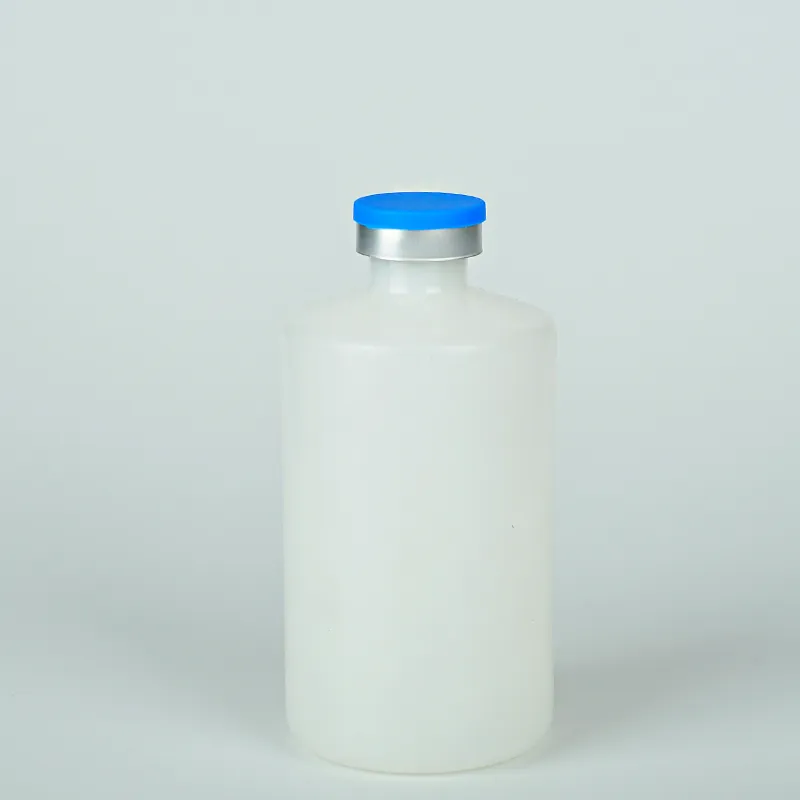https://www.wahmg.com/)">
15 ml polypropylene conical tube
15 ml polypropylene conical tube
The Versatility and Applications of 15 ml Polypropylene Conical Tubes
In the realm of laboratory and research settings, the choice of proper labware is crucial for successful experiments and procedures. Among the essential components in any well-equipped lab, 15 ml polypropylene conical tubes stand out due to their versatility, durability, and efficiency. These small yet significant containers have become a staple in various fields, including biotechnology, molecular biology, and clinical diagnostics. This article will explore the properties, benefits, and applications of 15 ml polypropylene conical tubes.
Properties of Polypropylene Conical Tubes
Polypropylene (PP) is a thermoplastic polymer known for its excellent chemical resistance and mechanical properties. The 15 ml conical tubes are designed with a tapered bottom, facilitating the easy collection and transfer of samples. Most importantly, these tubes are designed to withstand a variety of laboratory conditions, making them suitable for applications involving centrifugation, storage, and transport of biological specimens.
One of the key features of polypropylene is its ability to remain stable under extreme temperatures. These tubes can typically withstand temperatures ranging from -80°C to 121°C, which makes them ideal for both long-term freezing and autoclaving procedures. Their clarity, although not transparent like glass, allows for easy visualization of the contents, an essential factor in many experimental protocols.
Benefits of Using 15 ml Polypropylene Conical Tubes
2. Centrifugation The design and material of 15 ml conical tubes allow them to withstand high centrifugal forces. This makes them suitable for centrifugation applications where sedimentation or separation of components is required.
3. Ease of Use Most 15 ml conical tubes come with a secure screw cap that prevents leakage and contamination, ensuring the integrity of samples. Additionally, the conical bottom design reduces the dead volume, allowing for maximum recovery of liquid samples.
15 ml polypropylene conical tube

4. Cost-Effectiveness Polypropylene tubes are relatively inexpensive compared to glass tubes, making them a cost-effective option for laboratories that require large quantities of labware.
Applications in Various Fields
15 ml polypropylene conical tubes have widespread applications across numerous scientific disciplines
- Molecular Biology In molecular biology laboratories, these tubes are commonly used for the preparation and storage of DNA, RNA, and proteins. Their ability to withstand freezing facilitates long-term storage of nucleic acids critical for various downstream applications.
- Microbiology The tubes are often utilized for the isolation and cultivation of bacterial and fungal cultures. Their compatibility with PCR (Polymerase Chain Reaction) processes makes them a preferred choice for experiments requiring precise sample handling.
- Clinical Diagnostics In clinical laboratories, 15 ml conical tubes serve as vessels for transporting and analyzing bodily fluids, such as blood and urine. Their sterile packaging options further enhance their suitability for clinical applications.
- Environmental Testing These tubes are also used in environmental laboratories for sample collection from soil, water, and air. Their robustness ensures that environmental samples remain uncontaminated during transport and storage.
Conclusion
In summary, 15 ml polypropylene conical tubes play a fundamental role in modern laboratory practices. Their physical and chemical properties, combined with their versatility, make them an indispensable tool across various scientific fields. As laboratories continue to evolve, the reliability and effectiveness of these conical tubes will ensure their continued prominence in enhancing research outcomes. Whether for centrifugation, reaction experiments, or sample storage, these tubes remain an essential component in the pursuit of scientific discovery.
-
Wholesale Plastic Juice Bottles with Caps 16 oz Options Available Bulk Packaging SolutionsNewsJun.10,2025
-
Laboratory Apparatus Reagent Bottle – Durable & Chemical Resistant Bottles for Safe StorageNewsJun.10,2025
-
Squeezable Dropper Bottles Durable, Leak-Proof & CustomizableNewsMay.30,2025
-
Affordable Plastic Petri Plates Sterile & Disposable Lab-GradeNewsMay.30,2025
-
Eye Dropper Caps Precision 24/410 & Plastic Bottle-Compatible TipsNewsMay.30,2025
-
Affordable Mini Spray Bottle Price & Wholesale Deals Shop NowNewsMay.29,2025





















